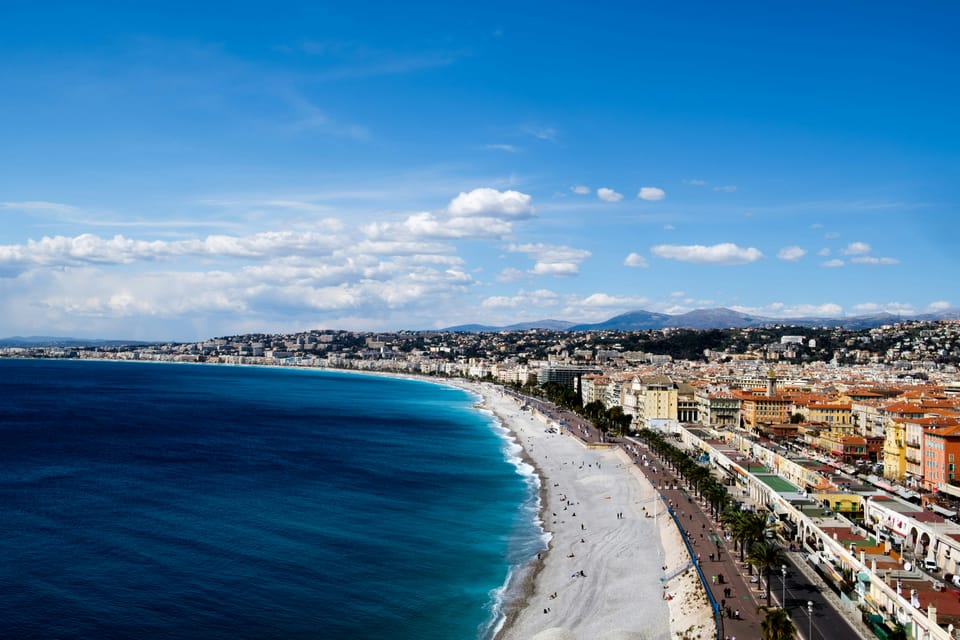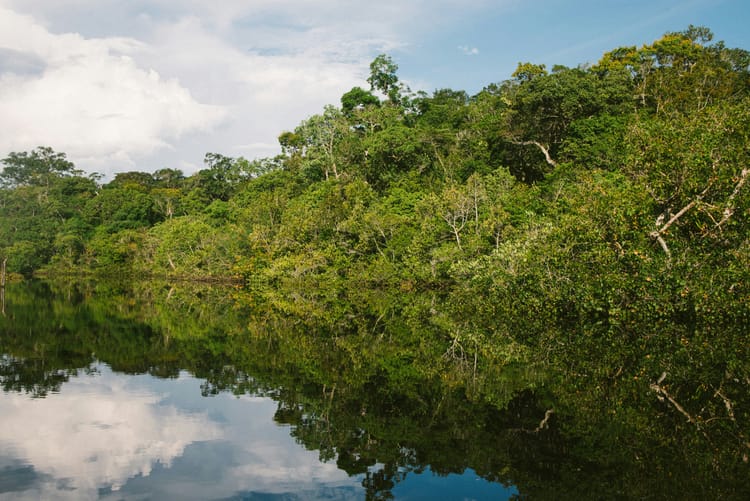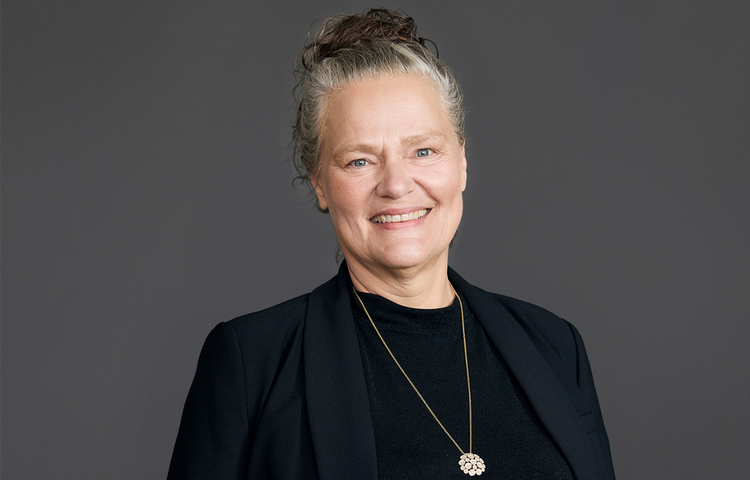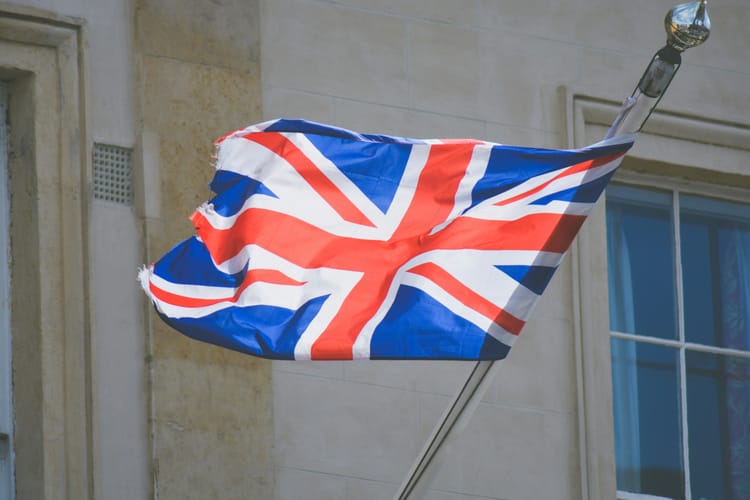What to expect from this week’s UN Ocean Conference?
From overfishing and deep sea mining to ocean acidification and plastic pollution, there is no shortage of issues to tackle in Nice this week.

At least 55 heads of state are gathering in Nice this week to discuss the future of ocean protection. But what outcomes are expected from the UN Ocean Conference?
From overfishing and deep sea mining to ocean acidification and plastic pollution, there is no shortage of issues to tackle in Nice this week. The third UN Ocean Conference (UNOC3) is seen as a chance to ‘turn the tide’ on ocean degradation, with attendance from nearly 60 world leaders.







